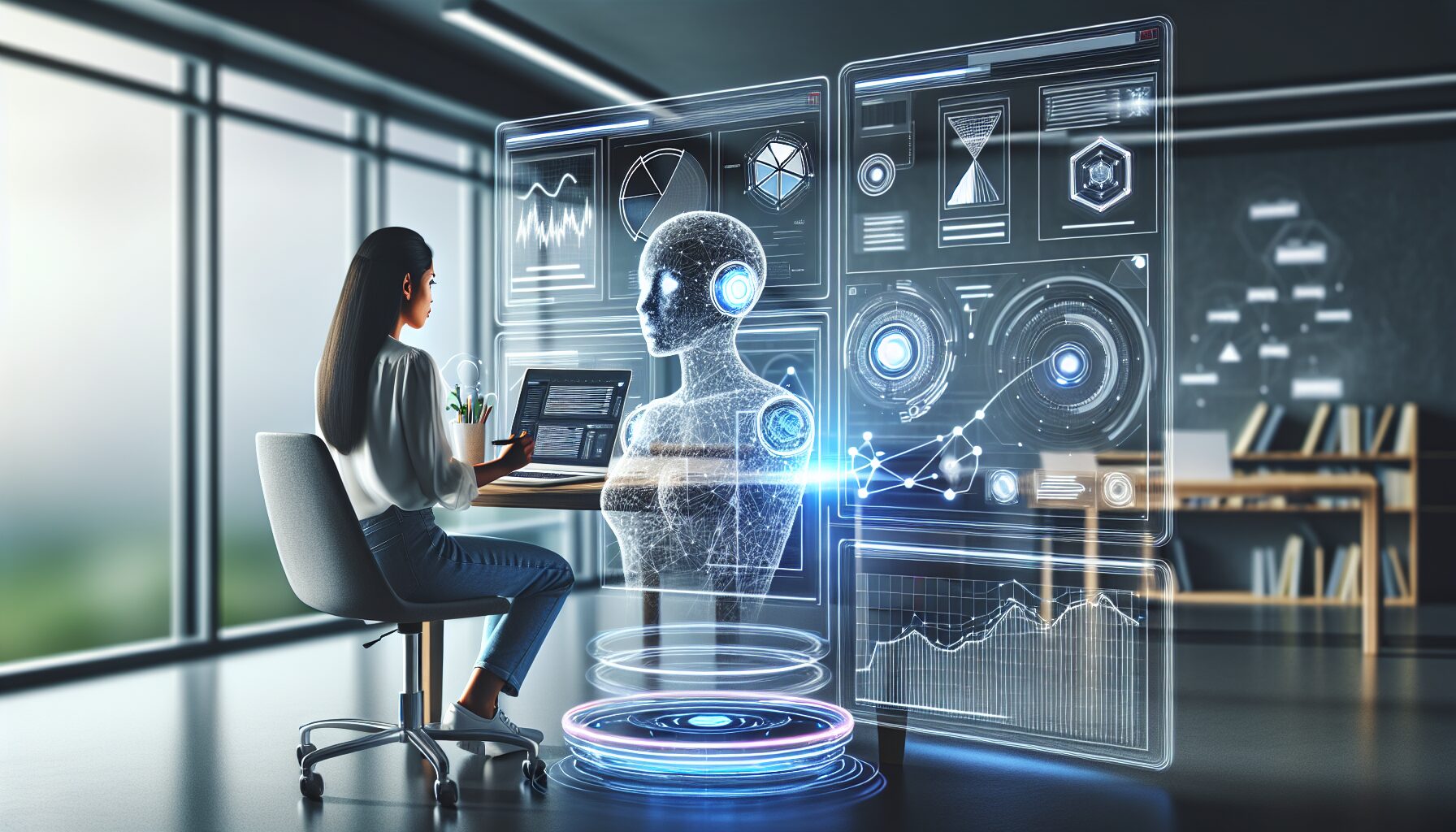The Current Landscape of AI Content for SEO
Artificial intelligence has transformed the way content is created for search engine optimisation (SEO). Today, AI-powered tools can generate blog posts, product descriptions, and meta tags with remarkable speed and efficiency, often outperforming human writers in terms of volume and consistency. This shift has made it possible for businesses of all sizes to maintain a steady stream of SEO-friendly content without the heavy time investment traditionally required.
However, much of the AI content produced today tends to focus on keyword density and basic readability metrics, often at the expense of depth and genuine user engagement. While this has boosted rankings in many cases, search engines like Google are increasingly prioritising user intent, content quality, and semantic relevance. Consequently, the AI content landscape is at a pivotal moment where simply churning out keyword-stuffed articles is no longer enough.
Moreover, the widespread adoption of AI content generation has raised concerns about originality and authenticity. Duplicate or low-value content can dilute brand credibility and ultimately harm SEO efforts. As such, content creators and SEO professionals are looking for smarter, more nuanced applications of AI that go beyond simple automation.
What’s Next for AI Content Creation in SEO?
The future of AI in SEO content creation lies in deeper integration with natural language understanding and user behaviour analysis. Rather than focusing solely on keywords, next-generation AI tools will be able to craft content that aligns with complex searcher intents, adapting tone, style, and even emotional resonance according to audience profiles. This evolution promises a more personalised and engaging user experience that can better satisfy search engine algorithms.
Additionally, advances in AI-powered data analysis will enable real-time optimisation. Imagine a system that continuously monitors how users interact with your content—time spent on page, scroll depth, click patterns—and dynamically adjusts text, headlines, or calls to action to maximise engagement and conversion rates. This kind of feedback loop will blur the lines between content creation and content performance optimisation.
Ethical AI use will also become paramount. Transparency about AI-generated content and adherence to quality standards will be critical to maintaining trust with both audiences and search engines. We might see emerging frameworks or certifications that verify the originality and value of AI-produced material.
Challenges on the Horizon and How to Overcome Them
Despite its promising trajectory, AI content for SEO still faces significant challenges. One major hurdle is balancing automation with human creativity. AI can analyse vast datasets and generate coherent text, but it often lacks the nuanced understanding of culture, humour, or subtle persuasion techniques that human writers bring. Over-reliance on AI risks producing bland or generic content that fails to connect with readers.
Another challenge is algorithm volatility. Search engines continually update their ranking criteria, sometimes penalising overly optimised or AI-generated content if it appears manipulative or shallow. SEO professionals must stay vigilant and blend AI capabilities with strategic insight to ensure long-term success.
Finally, data privacy concerns are increasingly influencing digital marketing practices. AI tools that rely on user data must navigate stricter regulations like GDPR while still delivering personalised experiences. Transparent data handling policies and robust security measures will be essential moving forward.
Conclusion: Embracing a Smarter Future for AI and SEO
AI content creation for SEO is no longer just about speed and volume; it’s evolving into a sophisticated partnership between machines and humans aimed at delivering meaningful, user-centric content. The next phase will likely see AI tools becoming more intuitive, context-aware, and ethically responsible, enabling marketers to craft narratives that resonate deeply while satisfying technical SEO demands.
To succeed in this landscape, businesses must adopt a hybrid approach—leveraging AI’s analytical power alongside human creativity and critical thinking. This synergy will unlock new opportunities for engagement, ranking improvements, and brand differentiation.
In summary, the future of AI in SEO is bright but requires thoughtful integration and ongoing adaptation. Those who embrace these changes proactively will set themselves apart in an increasingly competitive digital ecosystem.
Notes
- By 2025, over 80% of businesses use some form of AI-generated content for SEO purposes.
- Search engines are placing increasing emphasis on user engagement metrics rather than just keyword usage.
- Real-time content optimisation powered by AI is projected to improve conversion rates by up to 30%.
- Ethical guidelines for AI-generated content are expected to become standard within the next two years.
- Combining human creativity with AI tools results in higher-quality content that performs better in search rankings.

